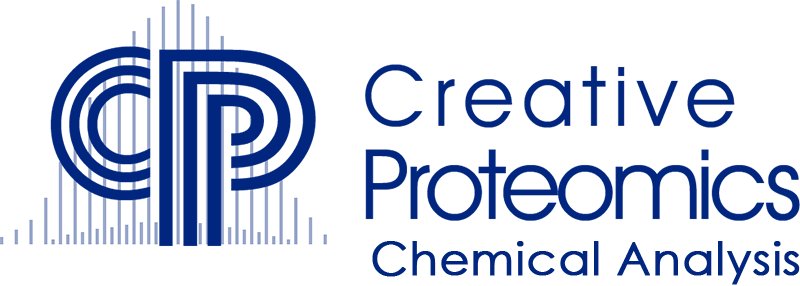Detergents Analysis Service

Detergents are designed to remove soil from a surface of clothes, woods, plastics or metals, and are available as powders, liquids, foams or gels. They may be for household, institutional or industrial purposes.
Surfactants, catalytic enzymes and other additives are the main ingredients of detergents, each with their different roles. Surfactants, the primary ingredient, are amphiphilic, with hydrophobic ends stick to the surface of the oily dirt and the hydrophilic ends being in water. By converting insoluble compounds such as fats, oils and starches into water-soluble species, enzymes greatly facilitate the cleaning process. Additives are added to give detergents other special properties.
Tests and analysis at Creative Proteomics are available for a variety of detergents as follows.
| • | Detergent products
Laundry detergents, laundry aids, bleaches, bluing, boosters, fabric softeners, prewash soil and stain removers, fabric finishes and sizings, automatic dishwasher detergents, hand dishwashing detergents, rinse agents, film removers, rust removers, all-purpose cleaners, abrasive cleansers, specialty cleaners, glass cleaners, tile and sink cleaners, metal cleaners, oven cleaners, toilet bowl cleaners, drain openers, rug shampoos, upholstery cleaners … |
| • | Detergent surfactants
Ethylene oxide (EO), detergent alcohols, linear alkylbenzene (LAB), alcohol sulfates (AS), alcohol ether sulfates (AES), linear alkylbenzene sulfonates (LAS), alpha-Methyl ester sulfonates (MES), alpha-Olefin sulfonates (AOS), paraffin sulfonates (SAS), alcohol ethoxylates (AE), nonylphenol ethoxylates (NPE), alkylpolyglucosides (APG), fatty alkanolamides (FAA), fatty amine oxides (FAO), fatty amidopropylamine oxides (FAPAO), N-Alkylglucosamide (AGA)… |
| • | Detergent additives
Builders, alkalis, anti-redeposition agents, enzymes, active oxygen bleaches, antimicrobial agents, fabric softeners, fragrances, optical brighteners, desiccants, solvents, foam regulators, corrosion inhibitors… |
Analysis and test services for detergents at Creative Proteomics include:
• Compositional Analysis
• Deformulation (reverse engineering)
• Identification of Unknown Material
• Fault Detection and Diagnosis in Industrial System
• Product and Process Development
• Contract R & D
Related Services



